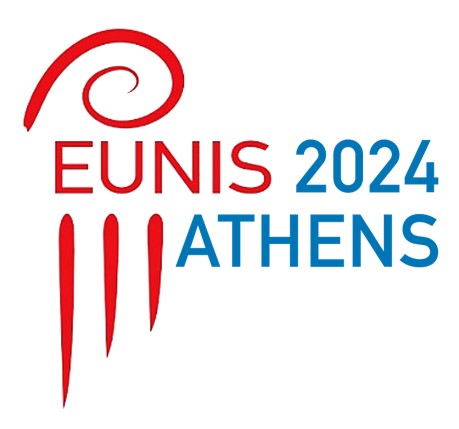This session consists of three presentations
Featured Speakers
Fredrik Domeij, Swedish LADOK Consortium:
Identity Assurance in Ladok #35
Ladok is a student information system for higher education in Sweden, owned by 40 universities throughout the country. The system is mainly used by students to register on courses and exams and to apply for a degree and by administrators to manage students, courses, report results and issue diplomas.
Ladok contains a large amount of personal data, and governmental tasks are conducted within the system. It is crucial that only authorised personnel have access to the system, that the information is accurate, and that it cannot be altered by unauthorised individuals. To ensure this, high demands are placed on user identification. With 25 million logins to Ladok yearly, the login process must be both secure and cost-effective. Ladok is a web-based system where login is managed through the Swedish Academic Identity Federation, SWAMID, of which all universities using Ladok are members. Users authenticate via their home organisations, responsible for identity assurance and account management.
In 2023, Ladok introduced a common baseline for identity assurance across the system by mandating confirmed user accounts for all employees accessing the system, adhering to the SWAMID Identity Assurance Level 2 profile.
In this presentation, we will explore the identity assurance profiles in SWAMID and compare them with the international standard for identity assurance within higher education, the REFEDS Assurance Framework. We will also visit the implementation process, sharing valuable lessons learned along the way. Further, we will report on the equivalent implementation of confirmed user accounts for the majority of students in Ladok, set for 2024, and explore international use cases of identity assurance in Ladok such as account bindings, allowing international students within the eduGAIN interfederation to access Ladok using their home organisations. Finally, we will discuss strategies to minimise obstacles and promote smooth interoperability among student information systems, within Europe and worldwide.
Download the presentation
Tamas Molnar, Humboldt-Universität zu Berlin, Germany:
A common European Student eCard #12
The Berlin Campuscard Alliance was involved in the EDSSI L2 project, where a technology demonstrator for an NFC-based student eCard was presented. As many HEIs in Europe start to think about transitioning to an ecard system, but facing high hurdles in the technology required, we decided to channel our very innovative Berlin Campuscard App development into a new project with the goal of offering European HEIs a solution for this problem. Our app contains several firsts and is one of the only apps currently in Europe, which can completely emulate the NFC technology used in smartcards by HEIs.
This was accomplished by creating a ground-breaking solution, which to our knowledge has not been tried anywhere else, the cloud-based secure element.
This enables a host-card emulation with integrated security, without using the local secure-element of the device, which, because of the lack of standardization, would make testing of the app very problematic. Our solution solves this by moving this component to the server side, thereby standardizing it and making testing of the devices more manageable.
This technology in conjunction with the results of the EDSSI L2 project is the basis for the creation of a common solution for a European student eCard, which will offer students the seamless user experience when travelling from one HEI to another.
Download the presentation
Ognjen Orel and Filip Bajić, University of Zagreb, Croatia:
Improving the Quality of Student Cards Using AI #30
Using the advantages of being a relatively small county and the existence of a central e-infrastructure institution for academia and research, Croatia fosters multiple national information systems in the higher education (HE) area. This has created the sound ecosystem that has enabled the creation of first nation-wide European Student Card (ESC), among others. Student cards are frequently used daily, mainly because of the student nourishment system which is in place in Croatia but also for other purposes. The new student card is also available in the digital format, in a national digital wallet mobile application.
However, one of the main identifying principles remains the same – the visual inspection of the student’s photograph. Therefore, it is important to ensure the quality of the future card photograph which is being submitted by the student. In this article, we present the leverage of AI method to improve the quality of those photographs. The method is based on multiple convolutional neural networks (CNNs).
Download the presentation




